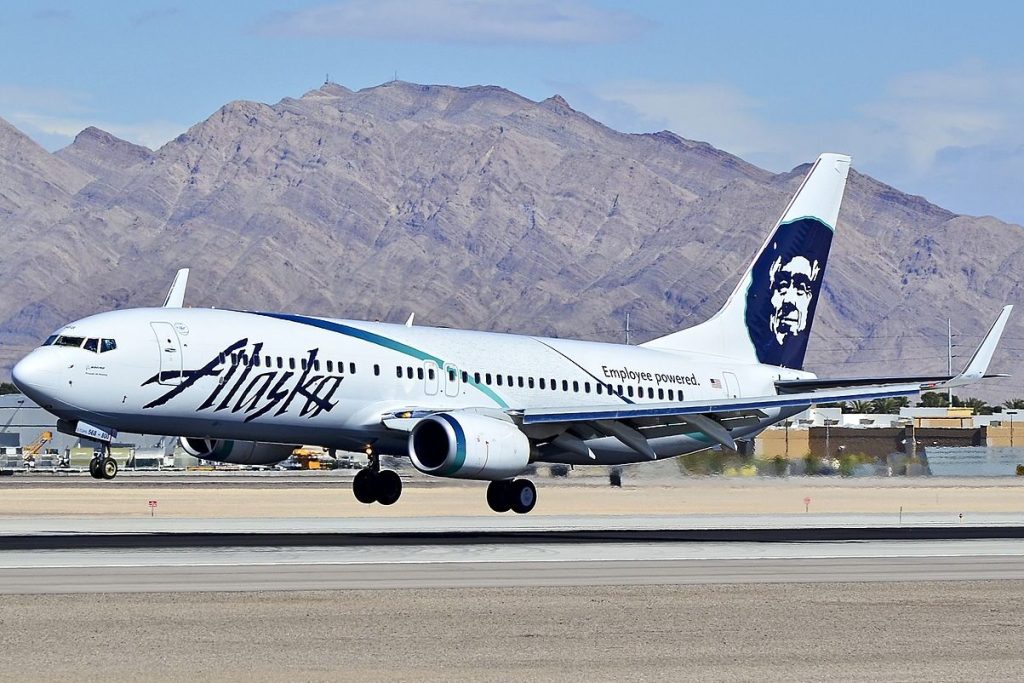Overall, the impact of artificial intelligence on the airline industry is significant and transformative. The implementation of AI and machine learning in various areas such as revenue management and pricing models, ancillary revenues, customer experience, operational efficiency, and total revenue optimization is leading to improved operations and increased profitability for airlines. By leveraging AI technology, airlines can optimize inventory, personalize customer offers, reduce waste, and enhance overall efficiency. The adoption of AI is expected to revolutionize the airline industry, providing benefits to both airlines and passengers.
One area where AI is making a difference is revenue management and pricing models. AI and machine learning are being used to enhance revenue management processes through better demand forecasting, advanced pricing models, and improved customer segmentation. This allows airlines to optimize inventory and personalize customer offers, leading to billion-dollar opportunities for airlines. Additionally, AI is driving an increase in ancillary revenues, such as baggage fees and in-flight purchases, providing airlines with additional sources of revenue and improving profitability.
Customer experience is another critical area impacted by AI in the airline industry. Personalized customer offers and experiences are key to improving customer satisfaction and loyalty, with 61% of industry decision-makers believing that AI will have a significant impact in this area. AI solutions help airlines manage pricing, demand, and logistics more effectively, leading to better business planning and more accurate forecasts. This reduces the risk of disruptions and enhances operational efficiency, allowing airlines to deliver a better overall experience to their passengers.
Airlines are also using AI technology in flight operations and safety. Companies like Boeing and Airbus are utilizing AI systems to monitor aircraft in flight, predict potential maintenance issues, and analyze in-flight data. This proactive approach to maintenance and safety helps airlines mitigate potential delays and technical issues, ensuring a safe and efficient travel experience for passengers. Additionally, AI is being used to improve flight connections and gate assignments, allowing airlines to provide better service to travelers worried about missing connecting flights.
Moreover, AI is being implemented in pricing and reservations by airlines like Delta Air Lines. Executives at Delta Air Lines have started experimenting with AI technology to speed up the process of answering reservation questions and determine pricing for premium products. By using AI to understand customer preferences and willingness to pay for premium products, airlines can tailor their offers and enhance the overall booking experience for customers. AI-powered tools are also being developed to assist travelers during the early stages of trip planning and help them redeem loyalty points, providing a personalized and convenient booking experience for passengers.


